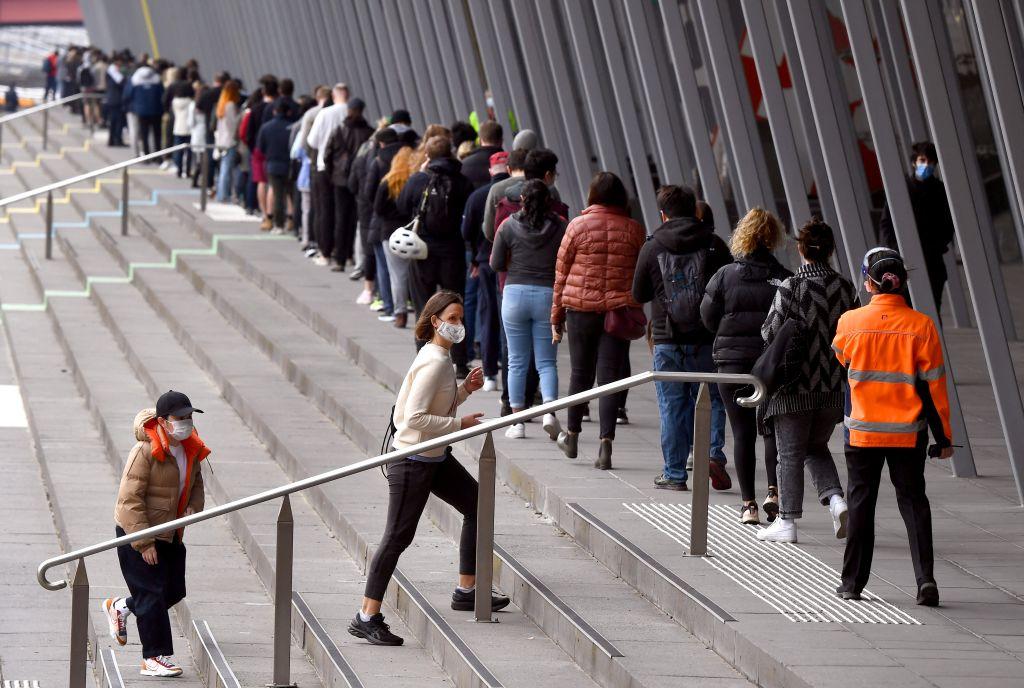Over 108,000 Australians have signed a petition to the federal Parliament against the use of vaccines on adolescents aged 12 to 16.
The petition comes after the nation’s immunisation advisory body approved the use of the Pfizer vaccine (Comirnaty) on Australians aged 12 to 15 from Sept. 13 onwards.





